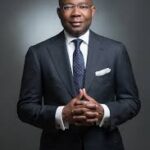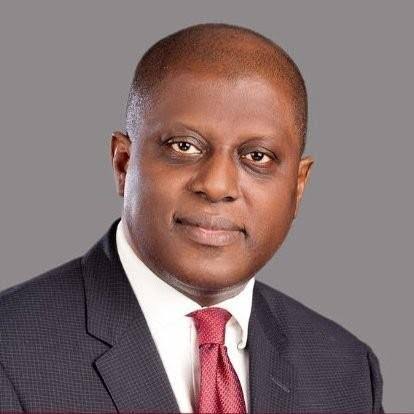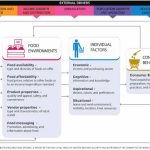The newly appointed governor of the Central Bank of Nigeria (CBN), Olayemi Cardoso, has explained reasons he will abandon some of the policies implemented by his predecessor, Godwin Emefiele.
Cardoso during his screening and confirmation as the CBN governor yesterday in the national assembly said he will focus solely on monetary policy to strengthen the naira.
He also disclosed that since money supply is behind the rising inflation in the country, he would have no option then to abandon some of the policies.
The deputy governors screened and confirmed are: Emem Usoro, Abdullahi Dattijo, Bala Bello and Philip Ikeazor.
While answering questions from the lawmakers, Cardoso said the apex bank is faced with numerous challenges which the team had identified and would address them.
“We have identified issues of corporate governance, diminished institutional autonomy, discontinuity of orthodox policies and foreign currency issues.
“Addressing inflation and price stability is the function of the CBN. We will address the issue of foreign exchange unification. If there is a need for interest rate alignment, we will do it for economic growth.”
To manage the economic policy, Cardoso said size matters, adding that the CBN team had identified macroeconomic indices and will facilitate new ways to attain $1trillion GDP in eight years.
On inflation, Cardoso said each will be tackled based on their causes.
“If the inflation is on food, we should ramp up production of food. If inflation is on energy, we know the challenges of energy. If you are importing, automatically you are importing inflation,” Cardoso said.
On the issue of money supply, Cardoso said the way money has gone up in Nigeria, “that, itself, is behind inflation. It is the problem. It is a big problem, but going forward, we will do everything possible to ensure that deficit financing does not bring problems to us.”
He went on: “These are the assurances I can give you coming from outside because we will maintain a good working relationship to block the excesses we had in the past.
“I believe that the CBN under us will have no choice but to embrace a culture of compliance,” Cardoso said, adding that they will abide by the CBN Act.
“We will not wait for oversight before we interact with the lawmakers. We will have zero tolerance to abuse of processes. We recognize the fact that we need to work closely with these chambers at the National Assembly to ensure compliance.”
According to him, deficit financing and undue money glut are responsible for 50 per cent of the inflation.
He told the Senate that there is a need to stabilise the naira to settle Nigeria’s outstanding debts, stating that the country is only spending money in printing currency rather than bringing in revenues.
According to him, the immediate thing to look out for is to address operational issues, which are the unsettled obligations of the CBN wealth of N4 billion or N7 billion.
He opined that Nigeria will not make progress if it is not able to handle that side of foreign exchange rate.
Cardoso said the issue of foreign exchange rate is worrisome, adding that Nigeria must have a stable exchange rate.
Also speaking, a deputy governor, Philip Ikeazor, said the present CBN is going to strengthen governance and focus on monetary policies and not fiscal policies.
He said the country must decide to support the physical majors of the CBN and ensure that exportation thrive.











